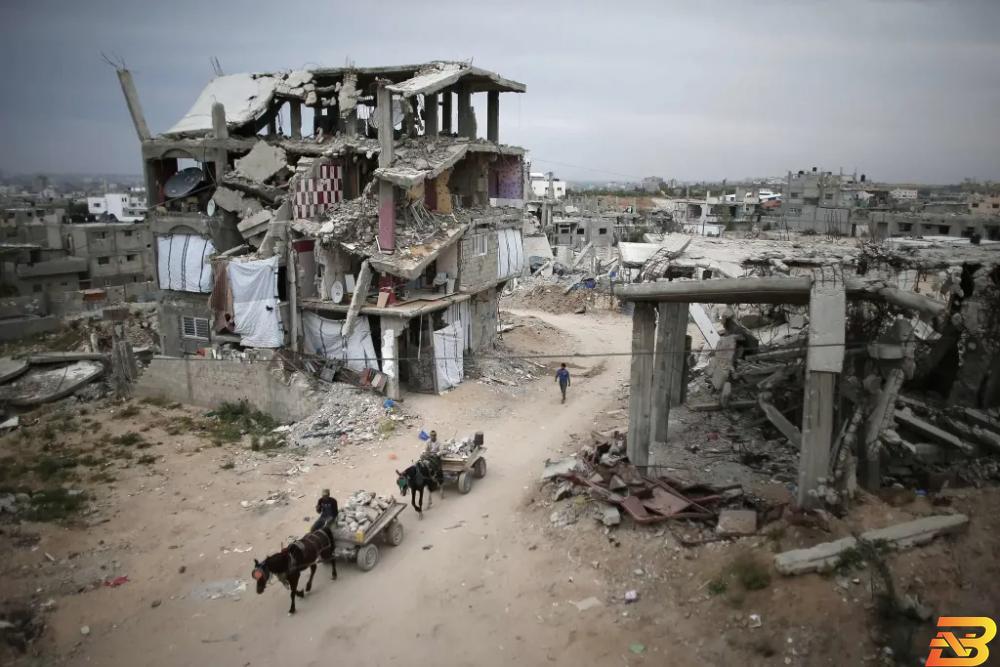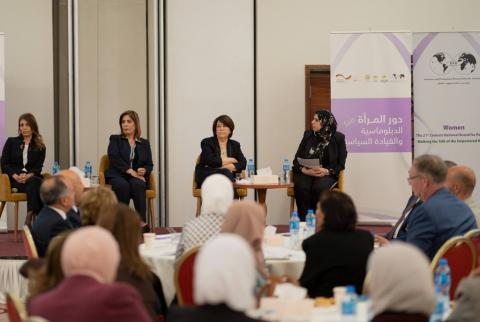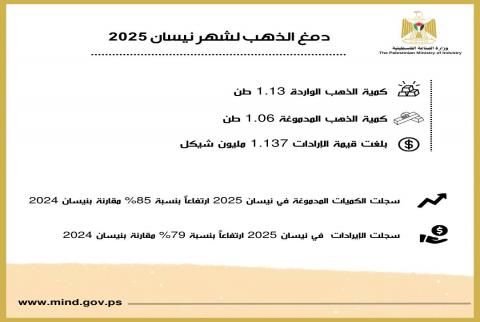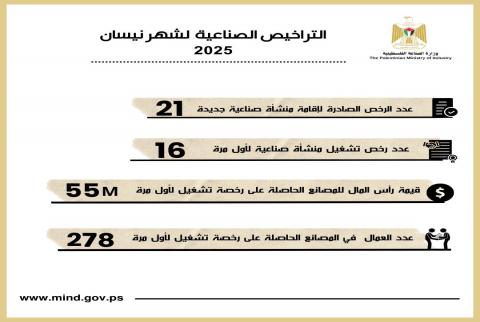
Washington-(BNEWS)-The ongoing conflict in the Middle East continues to have a catastrophic impact on the Palestinian economy, pushing the territories into a crisis of unprecedented magnitude.
The war has resulted in a staggering number of casualties, widespread displacement affecting roughly 1.9 million individuals, and massive destruction of infrastructure in Gaza.
The continuation of the hostilities has led to a sharp reduction in economic output and a collapse of basic services in both the West Bank and Gaza, amid skyrocketing poverty across the territories.
The economic downturn triggered by the conflict is unmatched in recent memory. Real GDP has plummeted, with the West Bank experiencing a 23 percent contraction in the first half of 2024, and Gaza suffering an 86 percent decline in the same period.
For 2024, the World Bank estimates a real GDP decline of 26 percent for the Palestinian territories. All sectors have been severely affected, with construction, manufacturing, services, and trade experiencing the most significant declines. The conflict has also disrupted labor markets, leading to a surge in unemployment, particularly in Gaza, where more than 4 out of 5 people are currently unemployed.
The Palestinian financial sector remains resilient, despite the conflict exacerbating existing challenges. While the banking sector remains well-capitalized, it is facing increased risks of credit losses, dwindling profits, and practical operational challenges, especially in Gaza. The cash shortage in the Strip has intensified, impacting aid delivery, remittances, food security, and access to basic services.
Overall, the banking system’s exposure to the public sector has also increased, amplifying underlying financial sector risks.
The recent renewal of Correspondent Banking Relationships (CBR) arrangements with Israeli banks provides vital predictability and stability to financial sector operators. The renewal of the indemnity period has just been extended to November 2025.
Despite substantial international efforts to engineer a shift away from temporary solutions, CBRs remain a potentially significant source of risks, over time, to the Palestinian economy.
Prices in Gaza continue to climb, with the consumer price index (CPI) year over year surging by over 300 percent (October data), driven mainly by supply chain disruptions caused by the conflict. The most notable price increases have been registered among foodstuffs, which rose by over 440 percent in October 2024 compared to the same month one year ago; fuel costs, increased by over 200 percent.
The private sector in Gaza has endured massive losses, with 88 percent of its establishments reported as damaged or destroyed. More specifically, 66 percent of Gaza’s private sector establishments are estimated to have been destroyed, while 22 percent have incurred partial damages. The commerce and trade sector has been particularly hard hit, with almost all establishments affected.
Gaza residents have by and large lost access to essential communication services. The destruction of infrastructure in Gaza has led to widespread outages in mobile and internet connectivity, disrupting critical communication services, including emergency response and life-saving services, and exacerbating the hardships facing civilians.
The main private sector telecom operators have made efforts to maintain connectivity, by providing mobile services free of charge, deploying mobile towers on trucks, positioning them near shelter sites, and relocating them as people moved between shelters under military orders. However, these efforts have come at a steep cost to the operators, who face large financial losses.
The erratic access, limitations and looting of goods entering Gaza have contributed to food insecurity at unprecedented levels. According to the latest Integrated Food Security Phase Classification (IPC) report, 91 percent of Gaza’s population is on the brink of acute food insecurity, and the risk of famine is elevated in the northern area of the Gaza Strip. This includes over 875,000 individuals facing emergency levels of food insecurity and 345,000 at catastrophic levels. The situation is particularly dire for vulnerable groups, including children and pregnant women, who are experiencing severe distress.
This situation has both immediate negative impacts and poses long-term risks to human capital, undermining health, productivity, and resilience.
The conflict continues to exacerbate the Palestinian Authority (PA)’s pre-existing fiscal challenges, risking systemic failure, amid widespread public service disruptions and partial salary payments.
Increased deductions from clearance revenues by Israel and reduced domestic fiscal revenues have led the PA to reduce public salary payments to an average of 60 to 70 percent since the onset of the conflict with increasing uncertainty if they can meet the following month’s payroll.
The PA’s financing needs have reached US$1.04 billion for the period January-October 2024. Bridging this deficit will not be possible unless aid flows substantially increase.
The only other alternative for the PA continues to be borrowing from domestic banks and increasing the already considerable arrears to private sector suppliers, public employees, and the public pension fund.
Addressing such a deep economic crisis, avoiding a worsening of poverty, and averting socioeconomic collapse will require several critical and urgent actions from the Palestinian Authority, the government of Israel and the international community.
Ending hostilities is paramount to allow for the restoration of basic services and the initiation of socioeconomic recovery. Reversing unilateral deductions and transferring the stock of previous withholdings from clearance revenues is crucial to provide the PA with the basic resources needed to meet non-deferrable budgetary obligations and basic service provision.
Additionally, the international community needs to markedly increase funding to sustain essential public services and begin planning for longterm recovery and reconstruction. Measures to facilitate income generation, trade, and bolster private sector activity are vital to achieve economic stabilization.
Finally, Palestinian decision-makers must remain committed to advancing an urgent reform agenda, focusing on strengthening governance, transparency and fiscal sustainability.







